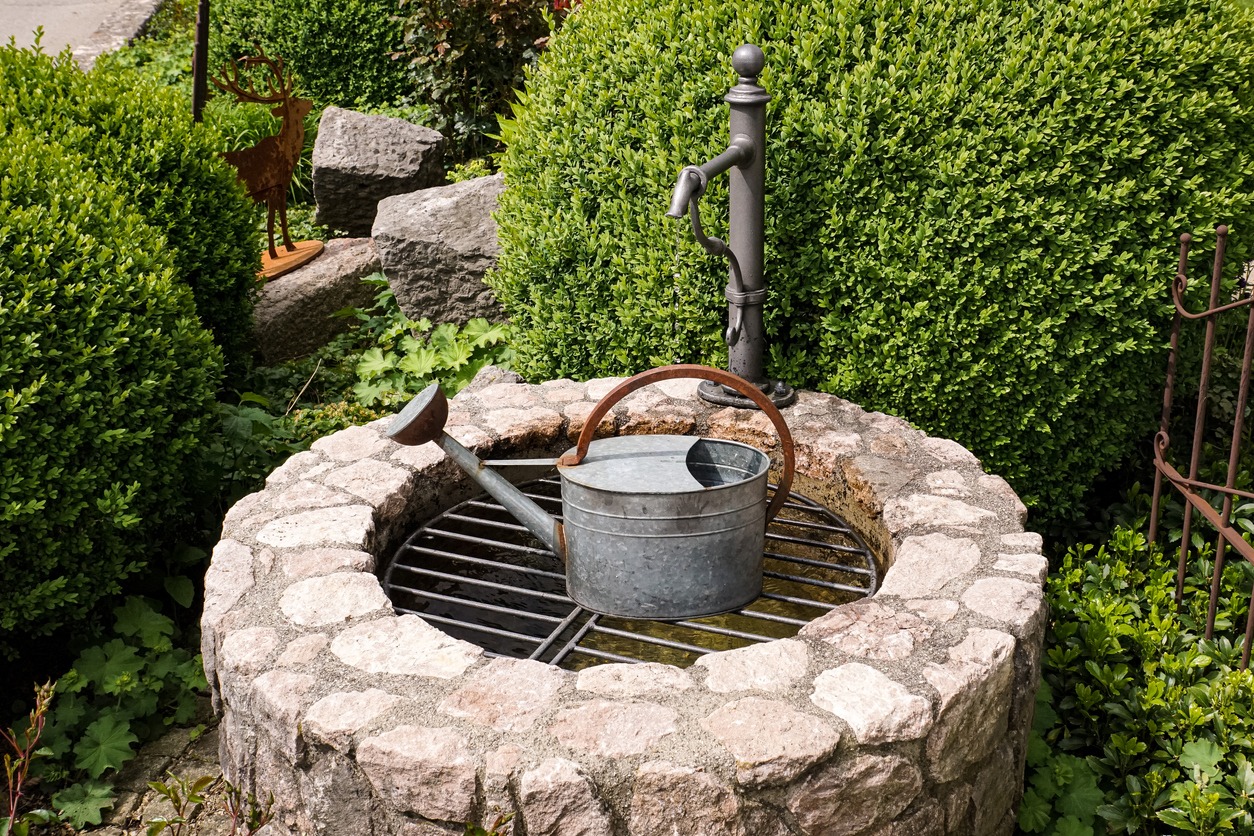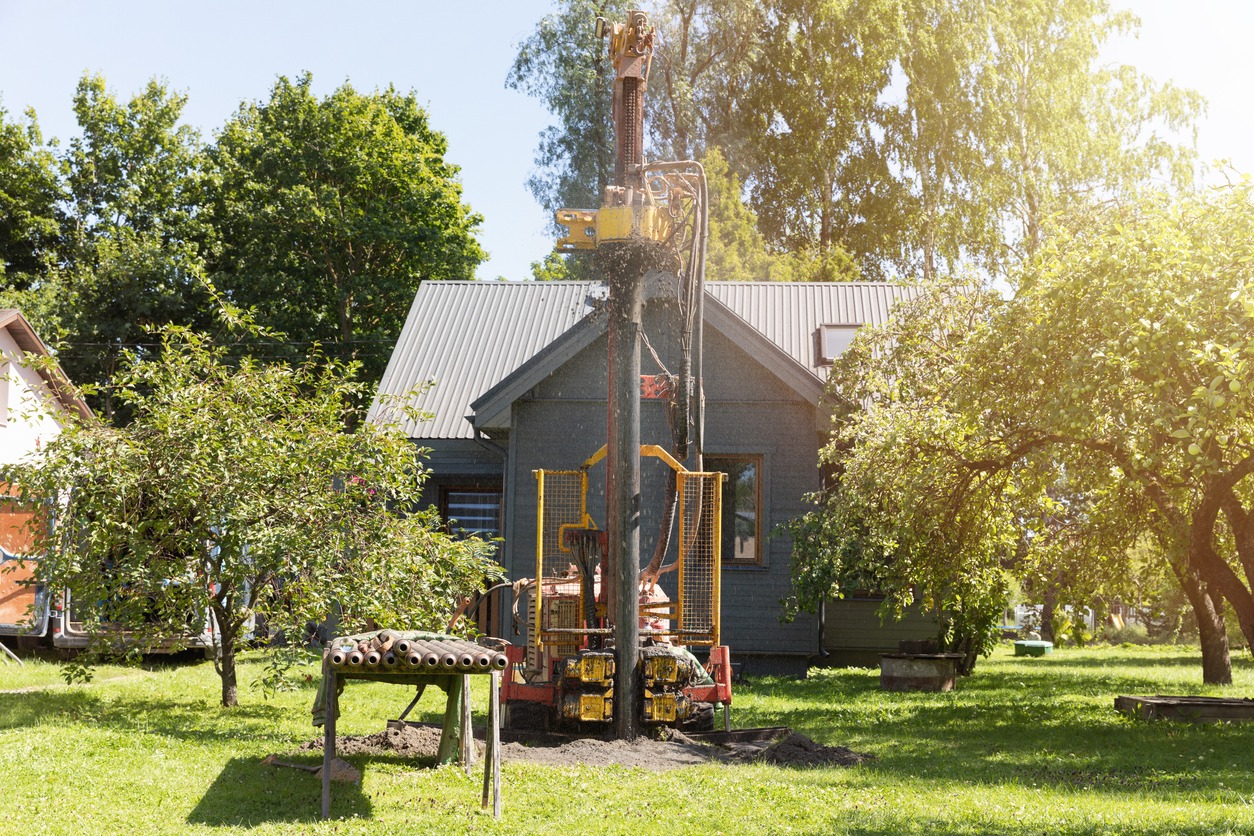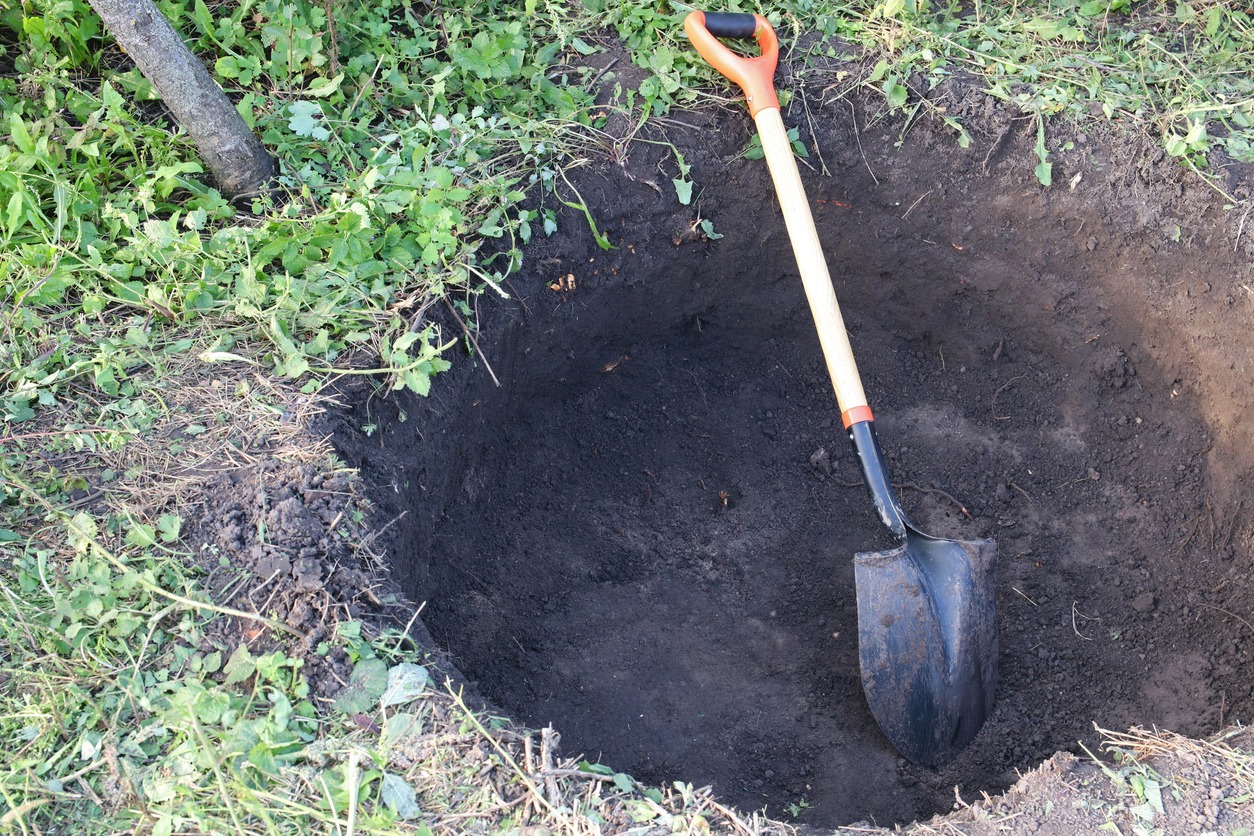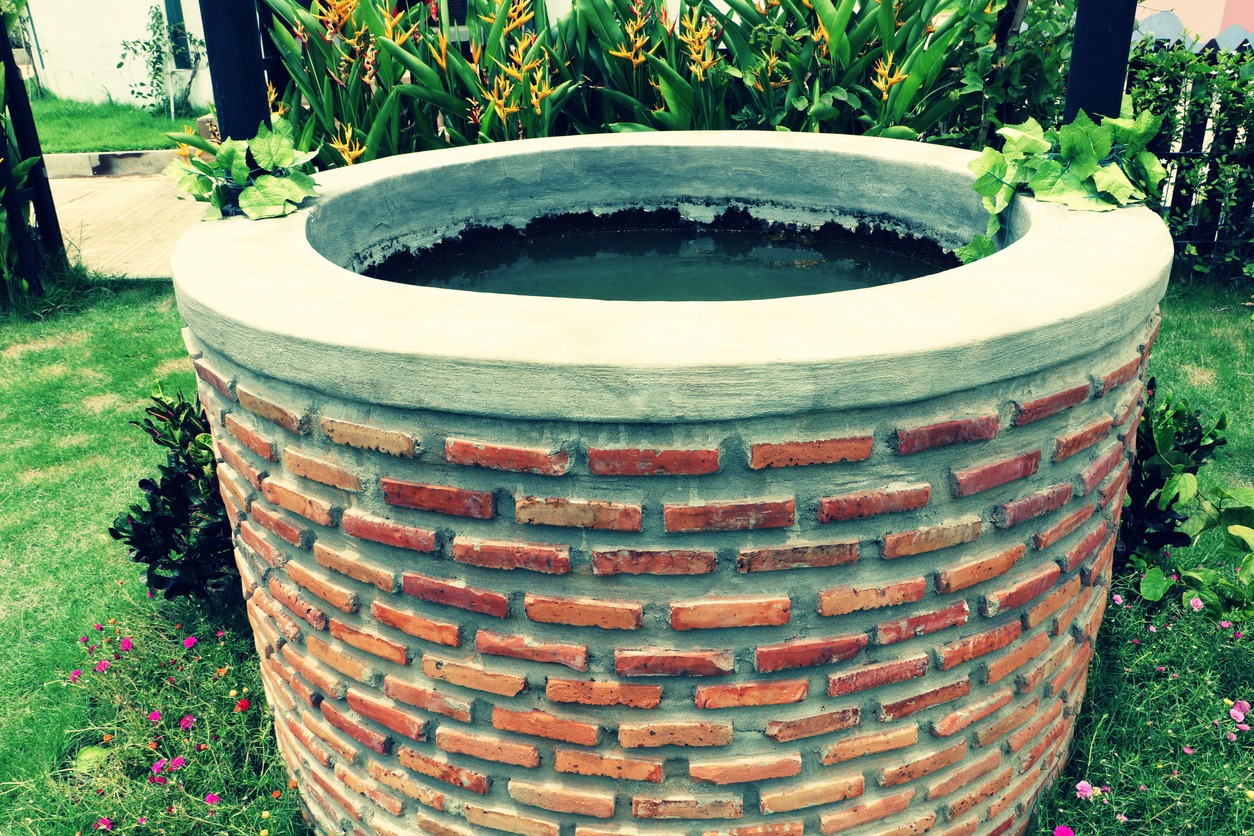If you have a property that is located in a remote area that does not have access to municipal water, or if you choose against using municipal water in your property, one of the best options is to dig a well. In fact, many households in the United States rely on private wells for drinking water and other purposes. However, note that well installation is a complicated process, and there are a lot of important things to consider. Among those is choosing or finding the right location for the well to ensure that you will have access to fresh and clean water.
Building a well on your property begins with choosing the best site. It’s because not all areas of a property will provide a healthy and clean flow of water, and there are also areas that may not actually support the function of the pump of your well. Therefore, whether you are planning to drill a new well or looking to upgrade an existing one, many factors need to be considered to make an informed decision.
In this article, we are going to provide you with some of the best tips when it comes to choosing the right location for your well, along with other important considerations. This way, you’ll be able to maximize the efficiency and longevity of your well while safeguarding the quality of your water supply. If you are ready, read on and learn about the best tips for choosing the right location for your well.
Things to Consider Before Deciding to Build a Well on Your Property
Before we give you tips when it comes to choosing the right location for a water well, it is important that you first understand the key considerations when it comes to building a well. In this part, we are going to take a look at the different factors that play an important role in determining the suitability of a well location.
Local Regulation and Permits
If you are planning to build or drill a well in your property, it is important that you research and understand the local regulations first that pertain to well installation and operation. You need to ensure that you are complying with permit requirements and obtaining the needed approvals from local authorities.
Water Availability and Quality
It is also important to assess the quantity of water available in your area if it will meet your needs. You may also conduct tests and analysis to evaluate the quality of the water source, to make sure that it is safe and suitable for your intended use.
Geological Factors
You also have to evaluate the geological formations and soil types in your area to identify any possible water-bearing formations. In addition to that, it is also important to understand the hydrogeology of the region to determine the likelihood of a sustainable water supply.
Proximity to Potential Contaminants
It is essential to identify and assess possible sources of contamination in your area, such as industrial sites, agricultural activities, and septic systems. Picking a location that minimizes the risk of contamination and ensures the long-term purity of your water supply is essential.
Tips for Choosing the Right Location for a Well
After learning about the important things to consider when deciding to build a well, let us move on to choosing a location for your well. If you can’t decide where you should place or drill a well in your property, below are some of the best tips that you may follow:
Keep the Well Far Away from Any Septic Drainage
One of the things that you need to remember when choosing a location for a water well is to ensure that it is far from any septic drainage fields or sewage lagoons. It’s because E. coli and other types of bacteria from septic fields may seep into the groundwater and into your well water, which can make you very sick. Similarly, you also need to avoid digging a well near animal and livestock pens.
Layers of soil and rock can truly filter bacteria. However, the Federal Housing Administration (FHA) recommends a minimum of 100 feet of space between the drain field of a septic tank and a water well. Any closer and there is a high risk of contamination.
Find Surface Rocks
If you are looking for a good spot to dig a well, try to pick an area and dig a few feet deep and see what you hit. If you are mostly digging up dirt with some small rocks and stones that are smaller than your hand, then it won’t probably be difficult to dig a well. However, if you run into large rocks and stones or partially buried boulders, these are signs of subterraneous rock beyond bedrock or gravel that filters the water, which may slow the drilling process of the well and make it more expensive.
Consider the Topography of Your Land
A water well should be capped and protected. However, you still need to factor in water runoff. Surface water from heavy rains or localized flooding can bring bacteria and other contaminants to your water well, which can be dangerous to you and your family if they seep into the well. Therefore, as much as possible, your well site should be elevated so that surface runoff is moving away from the well instead of over or towards it. In addition to that, to protect against runoff from flooding, keeping your water well around 40 to 50 feet from any rivers, ponds, or streams that may contain contaminants is also important.
Pick a Convenient Area Near Your Home
If you are building a well in your yard, you will want your water well to be fairly close to your home without being at risk for contaminants or structural issues. Place the well at a minimum distance of two feet from the edge of the eaves to the center of the well. If you have downspouts discharges, clearwater sumps, or gravity building drains, those should be a minimum of 8 feet away from your well. If you have pressurized drains and sewers or sewage sumps, they need to be 25 feet away from the well.
Consult with Professionals
One of the best tips that we can give when it comes to choosing the right location for your well is to consult with professionals who specialize in well drilling and hydrogeology. A hydrogeologist may help you assess the geological conditions and hydrological factors in your area to identify potential water sources and recommend suitable water well locations.
You may also consult with water well drillers as they have practical knowledge of local conditions and can give you insights into the feasibility of drilling in specific locations. They can give you advice on the construction, depth, and maintenance requirements of a well.
By consulting with professionals, you’ll be able to benefit from their knowledge and experience, to ensure that the location you pick is well-suited for your specific requirements. They’ll be able to help you understand complex geological considerations and optimize the efficiency and sustainability of your water well.
Additional Tips for Choosing Water Well Location
Aside from understanding the main considerations and seeking professional guidance, here are some additional tips that may help when it comes to choosing the right location for your well. These tips may further enhance the success and longevity of your water well installation:
Consider Your Budget
When you’ve decided to construct a well on your property, it is also essential to assess the costs associated with permits, equipment, drilling, and ongoing maintenance of the well. Consider how much budget you have and make sure that your chosen location aligns with your financial resources. In addition to that, you also have to take into account the possible long-term expenses, such as electricity costs for pumping, maintenance of the water well, and water testing.
Choose an Environmentally-Friendly Location
It is also important to assess the potential environmental impacts of well drilling and operation. You need to consider factors like groundwater depletion, ecosystem disruption, and other potential harm to flora and fauna. Ensure that you choose a location that minimizes environmental disturbances and preserves the natural balance of the surrounding system.
Think About Your Community and Neighbors
You also have to take into account the relationships with neighboring properties and your local community. Make sure that your installation of a water well will not disrupt or cause conflicts with nearby residents or businesses. If there are any concerns or conflicts that will arise, such as shared water sources, noise concerns, or property boundaries, address them proactively. Always engage in open communication and seek amicable solutions.
Additional Suggestions
- Every homeowner has several effective ways to water their backyard, lawn, and garden, but there are a few that utilize the water in the old well that’s already in their property.
- A well was used many years ago as a source of getting water, which was either consumed for drinking or for irrigation.
- Believe it or not, your old well can be an excellent source of water for your home. You just need to install the proper water pumps and connect it with the main water entry of the house. Professional help may be needed to install the water pumps and connections.
- You will need to figure out which filter is best for well water before you can start using the well. A proper filter ensures that the water retrieved from the well is clean and safe to utilize or consume.
- For garden landscaping, you can use different ideas that can match with your home’s old well.
Conclusion
Choosing the right location for your well is indeed a crucial step to ensure a reliable and sustainable water supply. By considering the different factors we’ve shared in this post, you’ll be able to make informed decisions that will maximize the efficiency and longevity of your well. We also hope that the tips we’ve provided here will help you make informed decisions that will lead to a successful water well installation that will provide you with a dependable source of water on your property.



